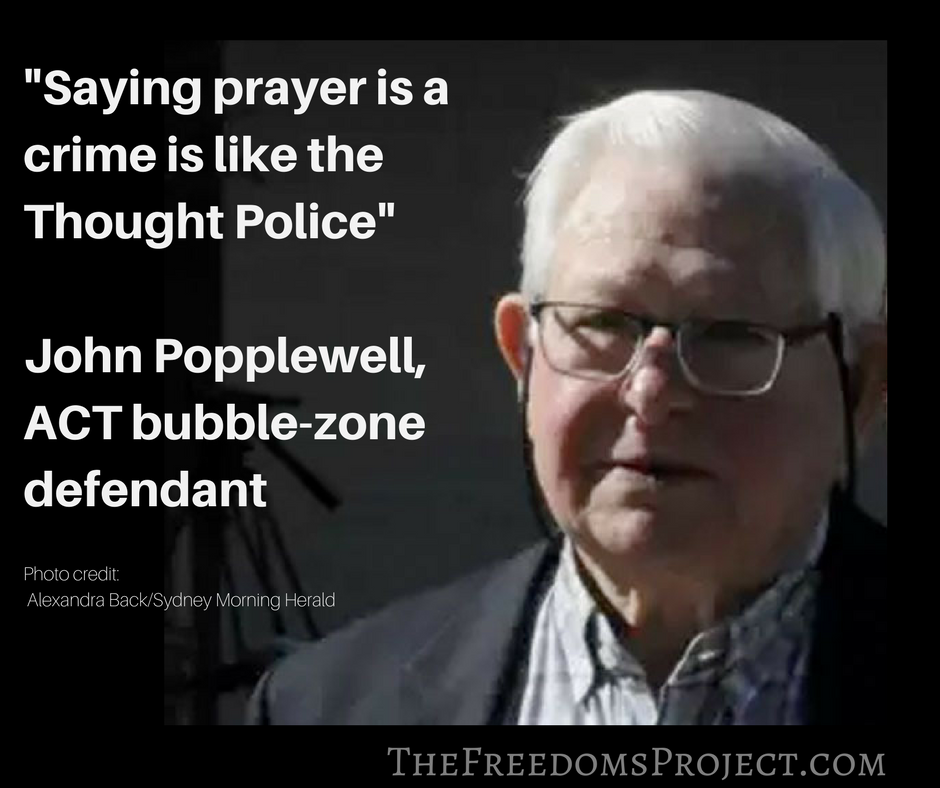Displaying items by tag: ACT
ACT Bill Removing Religious Freedom from Religious Schools Introduced
As foreshadowed in the press reports noted in my previous post, the ACT Government has now introduced a Bill designed to curtail the current religious freedom enjoyed by religious schools in the Territory to operate in accordance with their beliefs. The Discrimination Amendment Bill 2018 (ACT) is an unwise proposal and it is likely that it would be invalid as contrary to Commonwealth law. I will assume the reader is familiar with the background to the Bill as noted in my previous post. Here I will just briefly indicate how it achieves its goals. The central provision is cl 6, which simply repeals s 33 of the Discrimination Act 1991.
ACT proposal to remove religious freedom provisions for schools
Reports in the press note that that the ACT Government has announced its intention to “close a loophole” in discrimination laws by removing the capacity of religious schools to apply their religious beliefs in staffing decisions. The law being referred to is not a “loophole”, it is part of the fundamental architecture of discrimination law around Australia, with rare exceptions, and removing these provisions would not be a good idea.
Assembly Allows RU-486
[ON 19 September the ACT Legislative Assembly voted 15-4 to allow the abortifacient drug RU-486 to be prescribed and dispensed in the ACT. The four MLAs opposing the move were Mrs Vicki Dunne, Mrs Elisabeth Kikkert, Mr Alistair Coe and Mr Andrew Wall. The new legislation allows “medical abortions”, as distinct from “surgical abortions”, to be conducted away from a medical facility in the privacy of one’s own home.
Thought Police thwarted in the ACT
Three Canberra men were recently acquitted of the charge of violating an abortuary exclusion-zone. Kerry Mellor, John Popplewell, and Ken Clancy, have witnessed outside the Marie Stopes facility for many years. After a protest-free exclusion-zone was introduced in 2016, they continued to engage in quiet, personal prayer, which they believed did not constitute a protest. The prosecution had argued that praying constituted 'a protest, by any means', although a security guard who was called as a witness conceded that the men's prayer was silent.










